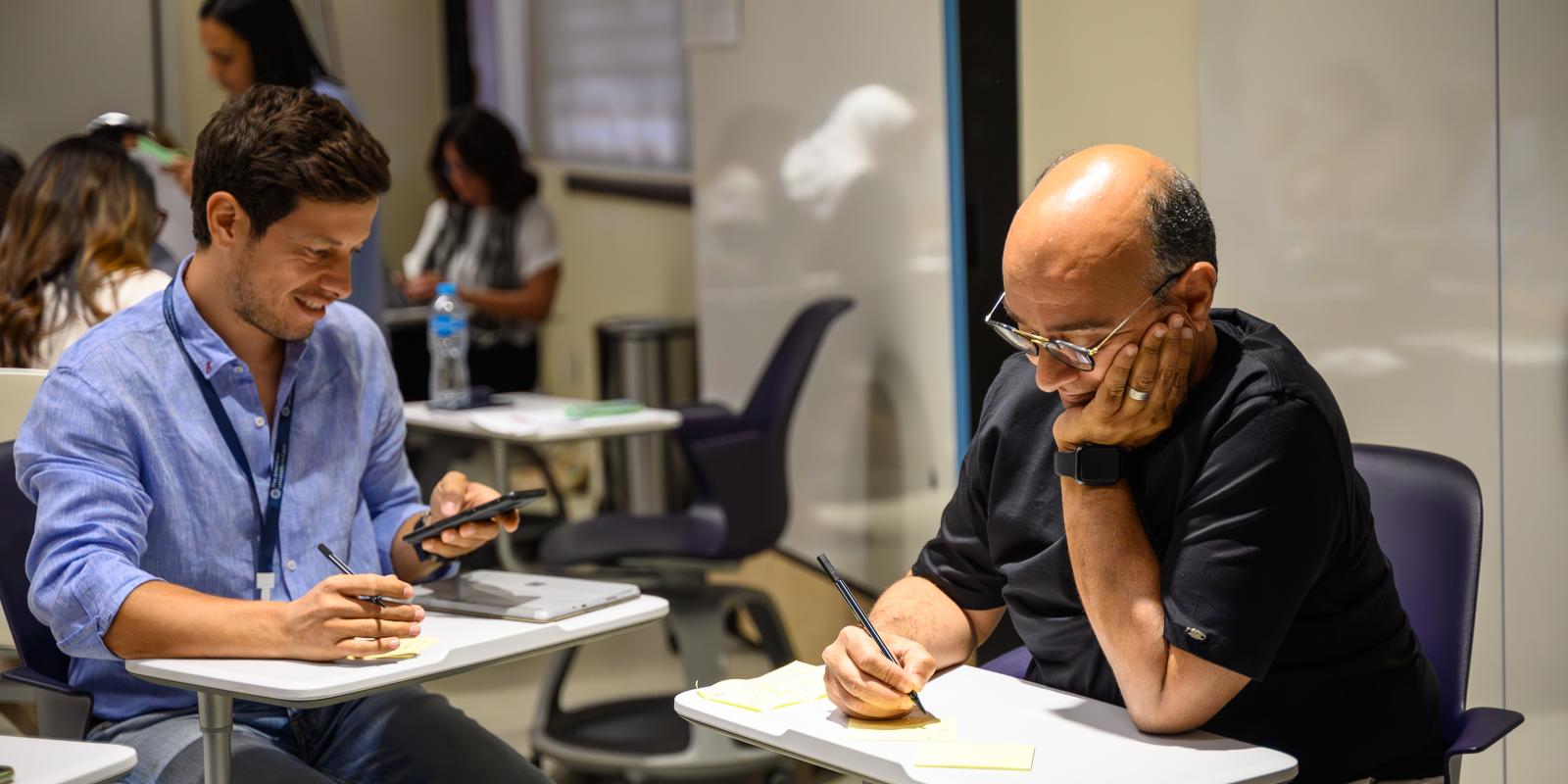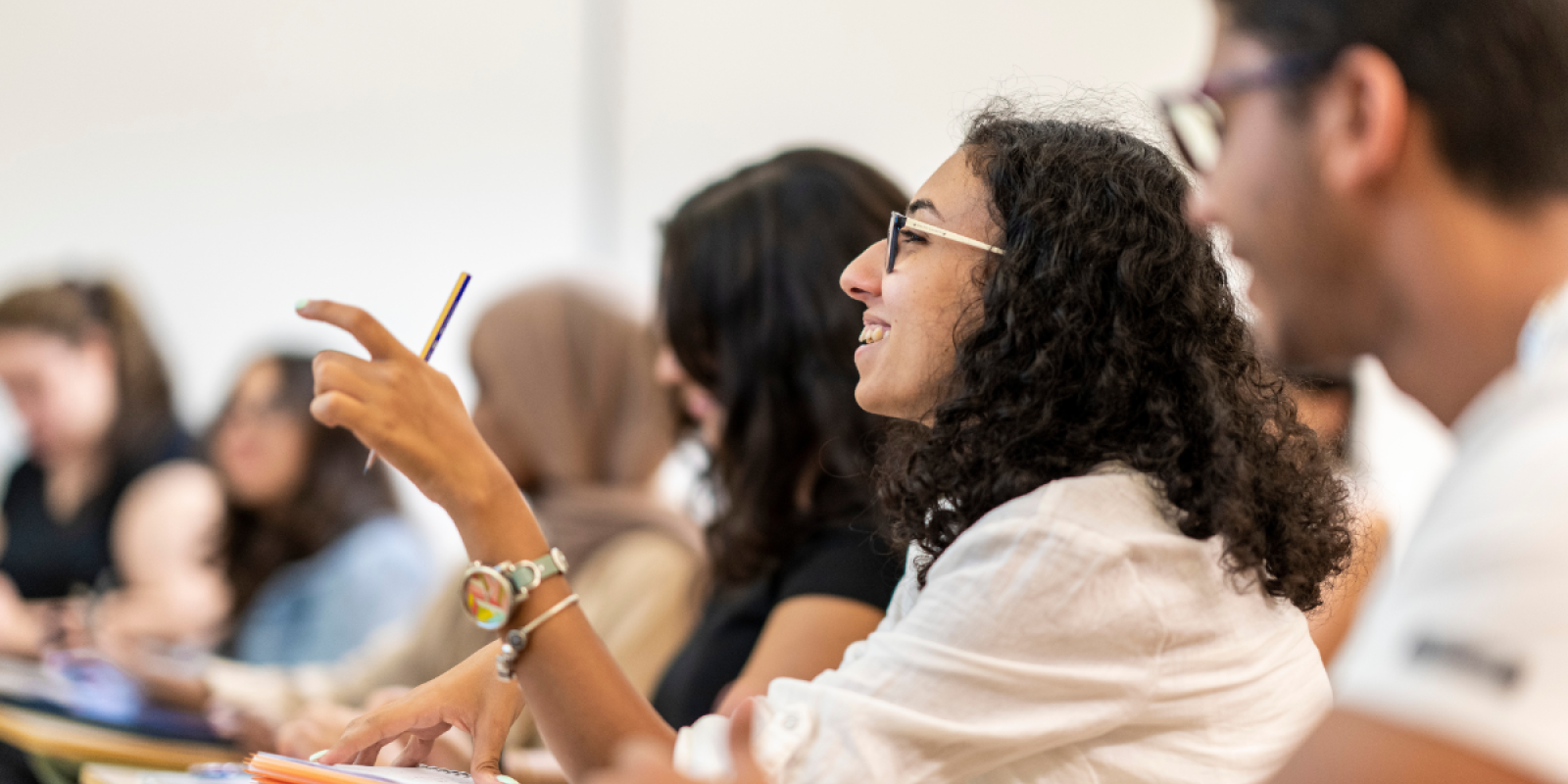AI in Education at AUC
AUC’s Statement on the Use of Artificial Intelligence Tools
As AI tools become increasingly integral to professional, creative, and academic endeavors, AUC recognizes the need for clear guidelines.

